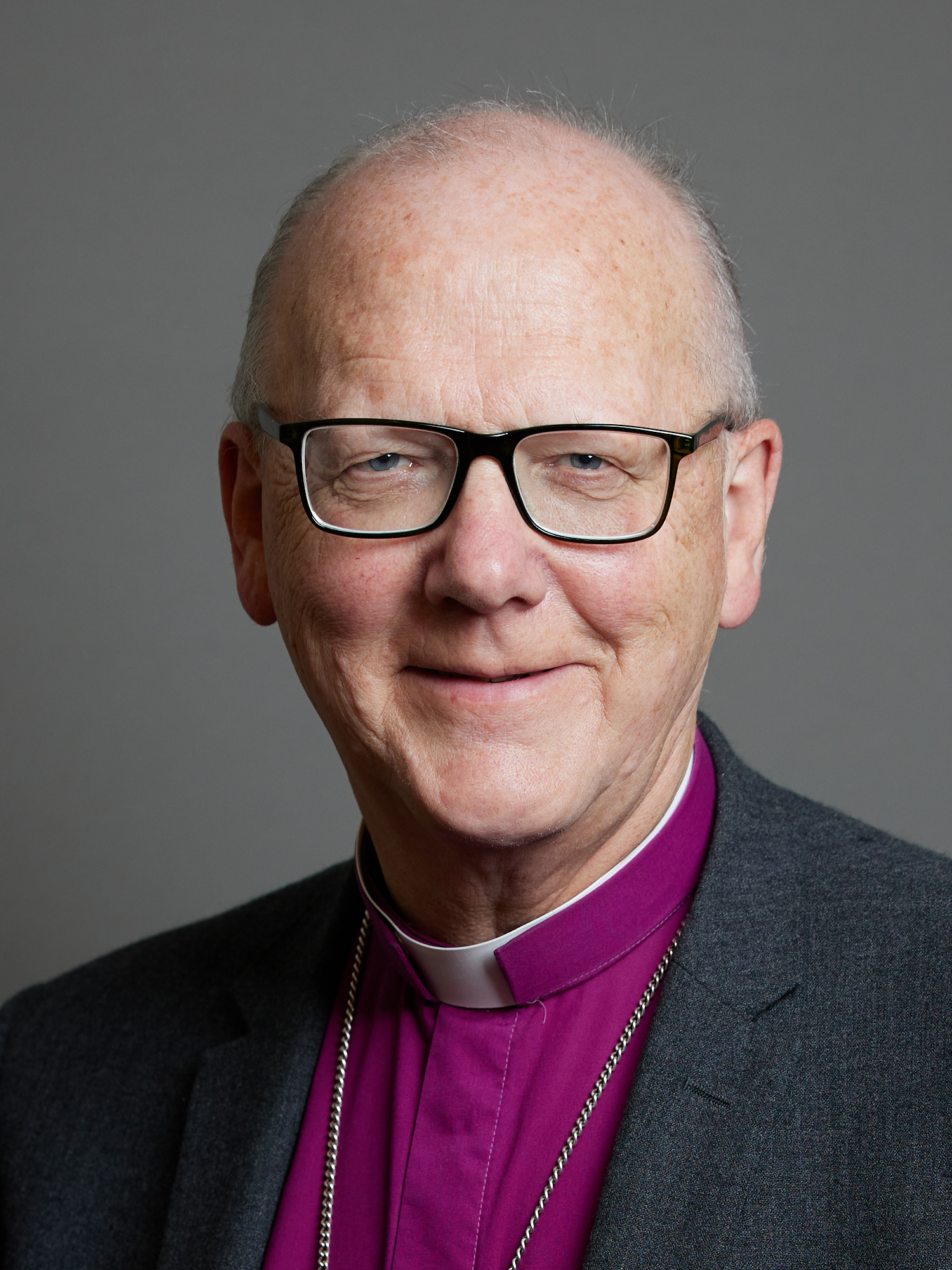The origins of my Private Members Bill, which is awaiting its third reading in the House of Lords, lie in a conversation I had with a couple in St Albansabout eight years ago. They had come to see me to tell me about the suicide of their son which was caused by gambling.
Their tragic story prompted me to table a series of questions in the House of Lords about problem gambling. Within a few days I was deluged with emails and letters from people who were either in the grip of gambling or from people who family members had lost homes, jobs or, in some cases, their lives. Many of them were desperate and pleading for help.
Until the Gambling Act (2005) gambling was tightly controlled in this country. Your only options were either to visit a bookie or go to the races. Within a few years gambling had moved online, based on the fact that most people carry a mobile phone on which it is possible to gambling day and night, with very few controls and little effective regulation. The gambling industry was quick to exploit the opportunities.
The industry makes most of its profits from those who are vulnerable, with 86% of online betting profits coming from 5% of customers. Most of thesepeople are already suffering from gambling–related harms or have been diagnosed as suffering from an addiction. Further, the statistics show that 35% of people with a gambling disorder receive daily incentives to gamble, compared to only 4% of those without. All too often there are reports in the media of people receiving offers of ‘free’ spins and the chance to be a ‘VIP customer’ when they have been trying to stop gambling.
Coroners currently do not need to record an opinion on the factors that may have caused a person to taketheir life. My Private Members Bill, the Coroners (Determination of Suicide) Bill aims to change that.
It is estimated that between 400 – 500 people take their lives each year in this country due to gambling. Yet when the House of Lords ministers answered my questions they claimed that there was no reliable statistics of the numbers of deaths caused by gambling. Furthermore, they showed little concern to find out.
If this bill comes into law, the requirement on coroners to record the ‘where, how and what’ questions associated with each suicide will remainunchanged. However, once this part of the inquesthas been concluded, each coroner will be required to record the co-morbidities of each suicide. These will be collated nationally and anonymised data will be published. As well as gambling, this may also include other co-morbidities such as alcohol and substance abuse.
Better reporting would draw attention to the brutal consequences of gambling harm, and better allow health professionals, charities, faith groups and other organisations that work with vulnerable people to tackle the problem of gambling-related harms.
Moreover, it would allow us to quantify the economic harm caused by gambling. Beyond the unquantifiable value of every human life, there is an economic cost associated with every suicide that costs the taxpayers millions. For every life lost to suicide, the estimated total cost to the economy is about £1.67 million. This is made up of the cost of police, ambulances, the coroner and the inquest as well as the support given to those who have lost a family member.
Statistics by Public Health England suggest that the total cost of the gambling industry to the British society is at least £1.27 billion a year. As one commentator noted: ‘The gambling industry has been very clever: it has privatised the profits and nationalised the costs.’
My hope is that this bill will provide us with data which will enable us to regulate the gambling industry more effectively and reduce the tragic loss of life which so many families have experienced.
ENDS

